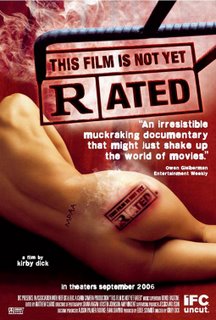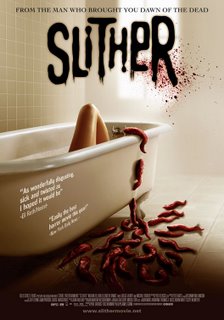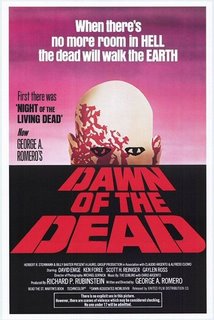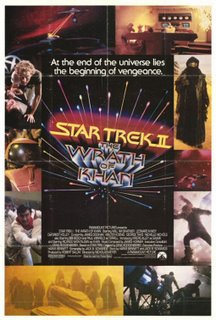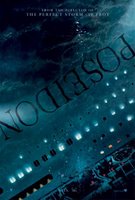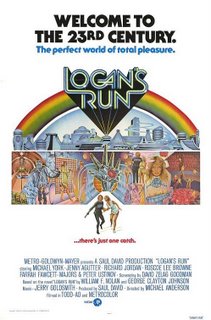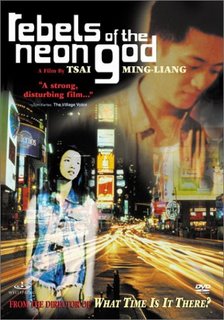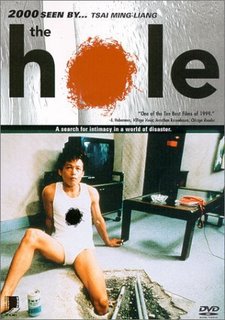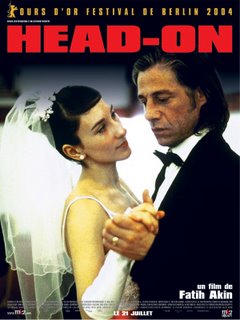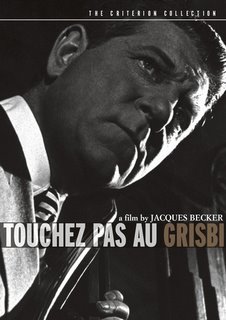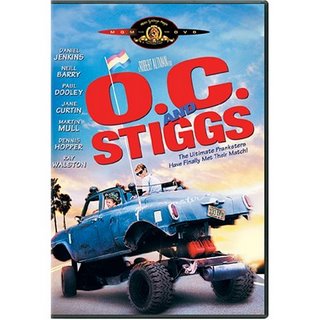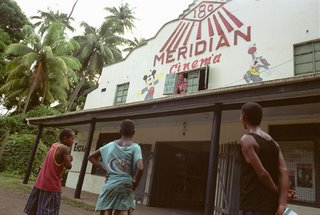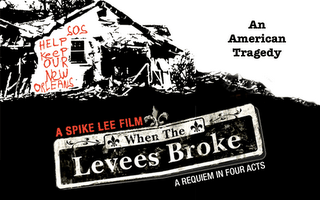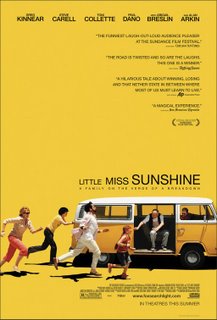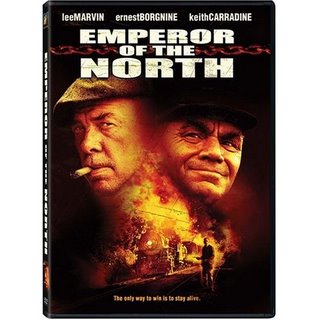
When you think Sam Peckinpah western, you might think of gritty characters, slow motion shoot-outs and lots of people dying. His most infamous western,
The Wild Bunch, featured all of these elements in spades and is probably his most notorious and famous film.
The Ballad of Cable Hogue (1970) is a western but it’s one with a great deal of levity and is one of Peckinpah’s most pleasurable films to watch because it’s such a curveball.
Jason Robards plays Cable, a man left without water in the desert and left to die. He stumbles around in the heat and sun but luckily finds a freak water hole when he was about to give up. Cable stakes a claim to the land with the sole desire to wait for the two fellows who left him to die make their way to him, then he plans to kill them.
Cable goes to town some and meets the busty prostitute Hildy (Stella Stevens). I wouldn’t mention her bust line but when the pair meet Peckinpah does some really funny quick cuts over and over regarding her chest as Cable can’t get his mind on anything else (he has been out in the desert about to die after all!). Cable is in town to entice the local stagecoach line into funding his new town, Cable Springs, while he waits to exact revenge.
As I said, this was more a western-comedy from a director not known for lighter moments and I really enjoyed those elements in the movie. Robards gives a great, lively performance as Cable, he’s a ranting, randy character. Slim Pickens shows up to deliver a few one-liners and any western with Pickens is usually something worth watching.
The film even has some statements on the changing nature of the western frontier in it toward the end, which was a nice surprise, and it throws in a little romance before the final showdown too for a different kind of western from one of the genre’s most unique directors.
The Ballad of Cable Hogue is not Peckinpah’s best film, but it is right up there with his most
fun to watch. Great.







